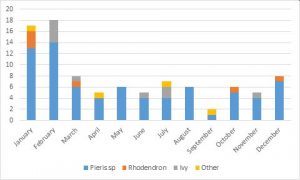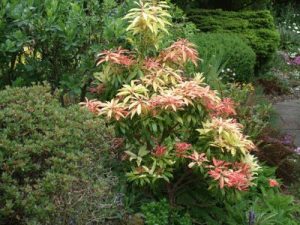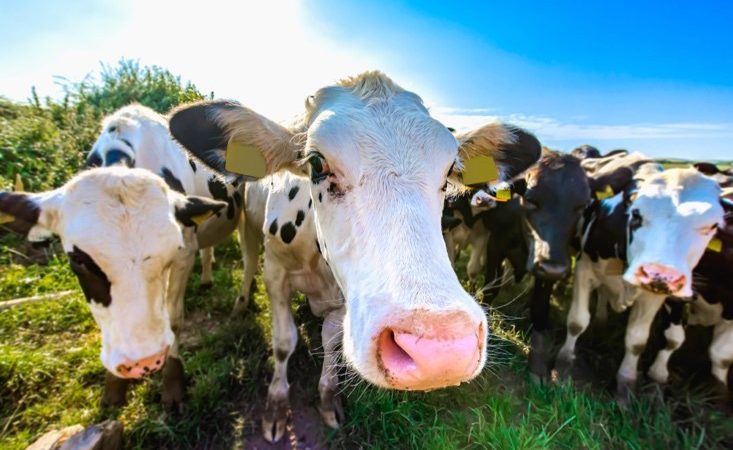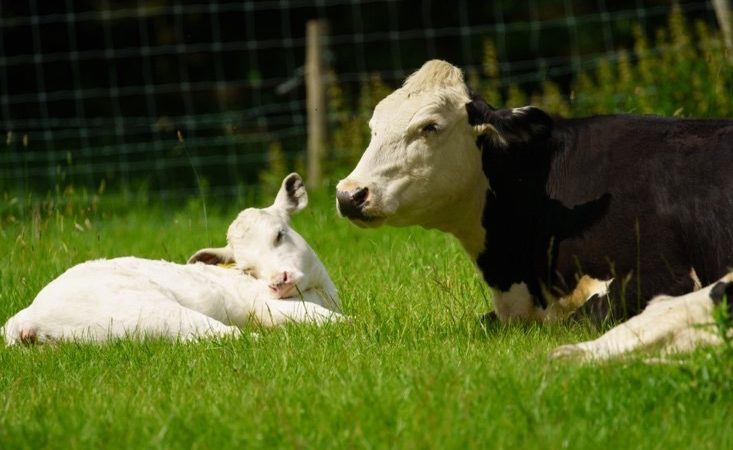AFBI winter warning on the risk of certain ornamental plants to sheep

AFBI wants to make farmers aware of the risk of plant poisoning in sheep – particularly ornamental garden plants
by
Dr Siobhan Corry
Disease, Surveillance & Investigation Branch
AFBI Veterinary Sciences Division
As the winter months continue AFBI wants to make farmers aware of the risk of plant poisoning in sheep, particularly due to ornamental garden plants. Whilst plant poisoning is diagnosed throughout the year, the majority of outbreaks of poisoning by plants in sheep occur over the winter months when grass is scarce. A common history is of animals that have recently been moved to new or rented pasture, that have broken out, or animals that have been brought in to fields closer to the farm, for dosing or lambing for example.

Azaleas, Rhododendron and Pieris
By far the most common plants seen in poison cases are those of the Ericaceaea family which include Azaleas, Rhododendron and Pieris species such as “Forest flame”. Pieris spp in particular account for a large proportion of cases submitted for post mortem. These plants contain the toxin acetylandromedol which is very poisonous to sheep. Poisoning due to Ivy can also occur in sheep, whilst it is used in livestock as a traditional folk tonic, ingestion of large quantities can cause death in sheep.
Clinical signs of plant poisoning
Clinical signs of plant poisoning in sheep occur a few hours after ingestion. The animal will become dull, salivate and may vomit. The animal may develop obvious abdominal pain and may develop nervous signs if it lives long enough. Frequently, the animal will become recumbent and die. There are no specific antidotes but supportive therapy may be beneficial. In particularly valuable animals, surgery to remove the toxic leaves from the rumen may be indicated. Often more than one animal in the flock is affected and a number may have died before a diagnosis by post mortem is confirmed.
Ornamental shrubs
It is important to check fields for ornamental shrubs before using for grazing. Garden clippings can also cause outbreaks if not disposed of safely.
If you are concerned your sheep may have eaten something poisonous, remove them from the potential source and contact your local veterinary practice for advice.







